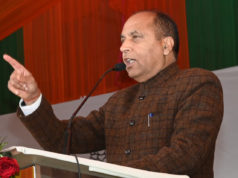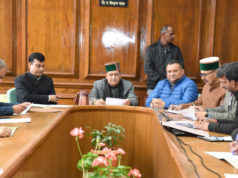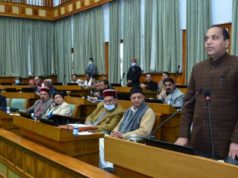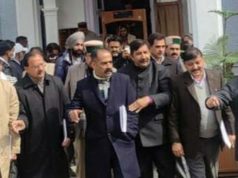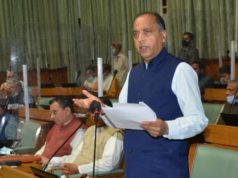Economists and all big and small entrepreneurs are eyeing the upcoming budget session of Parliament. Finance Minister Nirmala Sitharaman is scheduled to present her fourth Union Budget on February 1, 2022. The budget session of Parliament will begin on January 31. The session will be conducted in two parts, the first part will end on February 11, while the second part will run from March 14 to April 8, 2022.
Each industry is setting its own expectations from the annual budget. For various reasons, this time the budget is very important for startups, electric vehicles and the garment exports industry. Startups are expecting support from the government. The expectations of the startup ecosystem are with respect to some tax exemptions and startup-friendly measures. Similarly, the textile and export industry has proposed certain steps. The industry experts complain that India does not have a global shipping line and large-cap container manufacturing unit. Industry body, Home Garments Exporters Welfare Association (HEWA) suggests that the time is rife for India to take some concrete steps to make way for a global shipping line.
Vikas Singh Chauhan, Director, HEWA, says that the Production Linked Initiative (PLI) Scheme should be started for micro, small and medium industries (MSMEs) with a minimum investment of Rs 10 crore. There is a need to increase the RoDTEP budget, especially for handicrafts, handlooms and other labour-intensive sectors. The finance minister is requested to remove the import duty on cotton yarn to reduce the pressure on supply and demand imbalance. In order to encourage exports of finished goods, export incentives on raw materials should also be withdrawn for a certain period. After two weeks, there is going to be a situation like October last year, when the cost of freight and container was very high. The budget should draw inspiration from the global supply chain crisis. It is unfortunate that India does not have a global shipping line and large-cap container manufacturing unit. The time has come for India to take concrete steps to make it a global shipping line. The budget also needs to announce some mechanism to prevent overcharging due to rollover, exchange rate, spot booking, booking cancellation, weight variation etc. Almost all exporters have to shell out a hefty amount to meet such expenses.
Meanwhile, the electric vehicle (EV) era has begun in India, which will be further boosted by the rapid development of charging infrastructure and advanced EV models in 2022. The EV industry expects the central government to announce new initiatives to encourage local EV manufacturing and facilitate easy finance and create a new EV ecosystem. Simultaneously, the industry has urged for reduction of GST on EV purchase and rental from five per cent to two per cent. The Finance Ministry may also reduce the tax on loans taken to buy electric vehicles. The reduction in GST and tax benefits will play an important role in making electric vehicles accessible to all. Additionally, the government may also subsidize electricity prices to further improve the existing EV charging infrastructure in the country.



